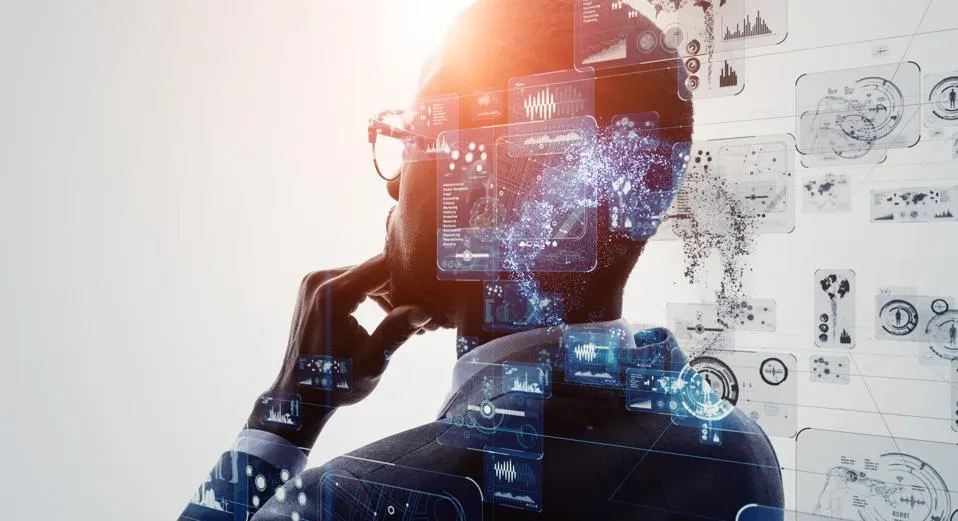Artificial Intelligence (AI) is reshaping the future of work by transforming how tasks are performed and how jobs are structured. As AI technologies advance, they bring both opportunities and challenges to various industries. This article explores the impact of AI on the future of work and its implications for employees and employers.

Automation of Routine Tasks
AI excels at automating routine and repetitive tasks, leading to increased efficiency and productivity. By handling mundane tasks, AI frees up human workers to focus on more complex and creative activities. This shift allows businesses to streamline operations and reduce costs.
For example, AI-driven systems can automate data entry, scheduling, and customer service inquiries. This automation not only speeds up processes but also minimizes human error, improving overall accuracy and efficiency.
Creation of New Job Roles
While AI may eliminate some jobs, it also creates new opportunities. The rise of AI technology leads to the emergence of new job roles and industries. Positions such as AI specialists, data scientists, and machine learning engineers are becoming increasingly important.
Additionally, AI creates demand for roles related to the development, maintenance, and ethical use of AI systems. As AI continues to evolve, it will likely lead to the creation of new career paths and job opportunities.
Transformation of Existing Roles
AI is transforming existing job roles by augmenting human capabilities. Rather than replacing workers, AI tools enhance their abilities and efficiency. For instance, AI-powered analytics provide valuable insights that help professionals make better decisions.
In fields like healthcare, AI assists doctors with diagnostics and treatment planning, while in finance, AI aids analysts in forecasting and risk assessment. These enhancements improve the quality of work and enable employees to focus on higher-value tasks.
Impact on Skill Requirements
The rise of AI changes the skill requirements for many jobs. As routine tasks become automated, there is a growing demand for skills that AI cannot easily replicate, such as creativity, critical thinking, and emotional intelligence.
Workers need to adapt by acquiring new skills and competencies. Lifelong learning and upskilling are essential for staying relevant in an AI-driven job market. Educational institutions and training programs are increasingly focusing on these emerging skill sets.
Challenges and Ethical Considerations
The integration of AI into the workforce raises several challenges and ethical considerations. One major concern is the potential for job displacement, as AI may replace certain roles and disrupt traditional employment patterns.
Additionally, ethical issues related to AI decision-making and bias must be addressed. Ensuring that AI systems are fair, transparent, and accountable is crucial for maintaining trust and avoiding discriminatory practices.
Enhanced Collaboration Between Humans and AI
AI enables enhanced collaboration between humans and machines. By leveraging AI tools, workers can collaborate more effectively and achieve better outcomes. For example, AI systems can assist in brainstorming, problem-solving, and project management.
In creative industries, AI tools can generate new ideas and assist in content creation, while human judgment and creativity guide the final outcomes. This collaboration leads to innovative solutions and improved productivity.
The Future of Work and AI Integration
The future of work will increasingly involve the integration of AI technologies. As AI continues to evolve, it will reshape job roles, work environments, and organizational structures. Businesses must embrace AI and adapt to these changes to remain competitive.
Future work environments will likely feature a blend of human and AI capabilities, with a focus on leveraging the strengths of both. Organizations that successfully integrate AI will benefit from enhanced efficiency, innovation, and competitiveness.
Conclusion
AI is significantly impacting the future of work by automating tasks, creating new roles, and transforming existing ones. While it presents challenges and ethical considerations, it also offers opportunities for enhanced collaboration and innovation. Adapting to the AI-driven future requires continuous learning and an understanding of how to effectively integrate AI into the workforce.
